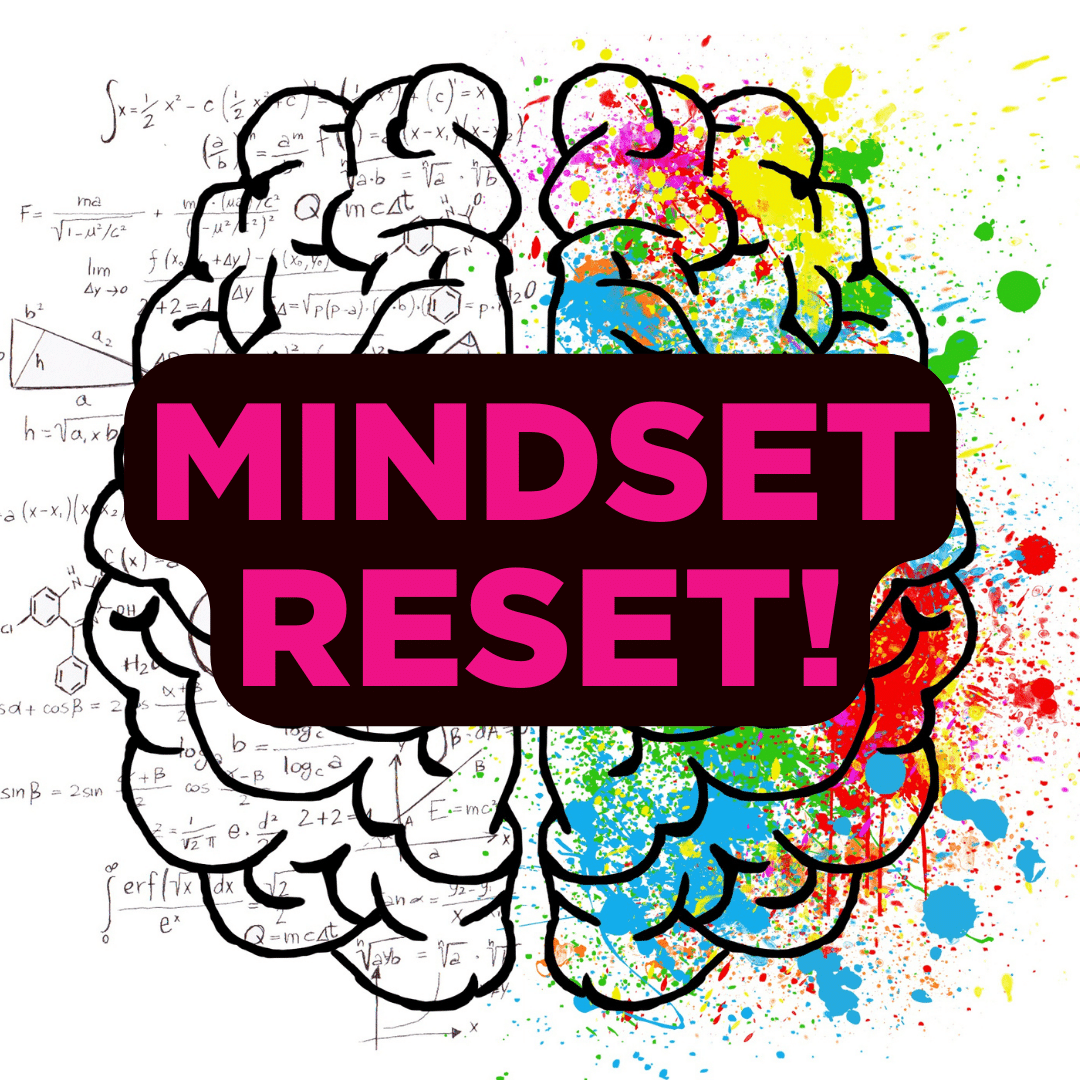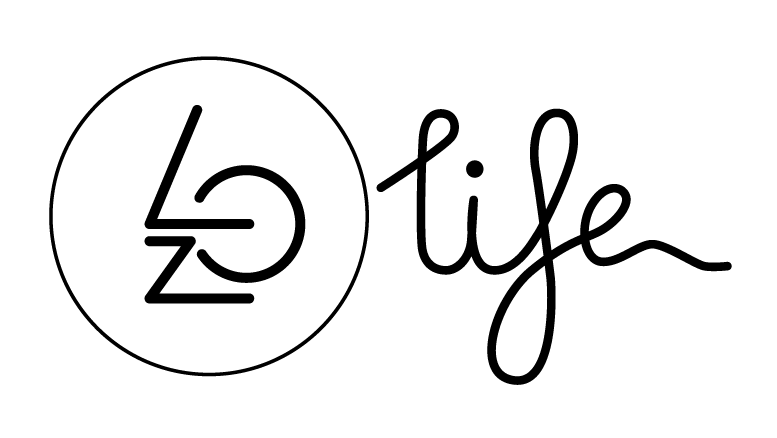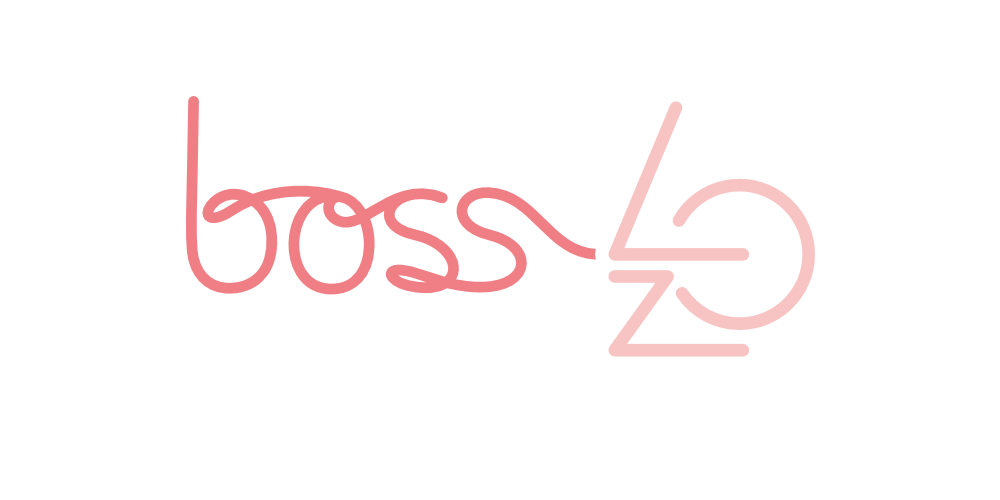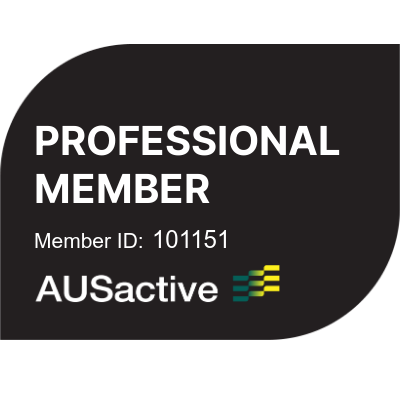How would you describe your mindset? Are you stuck in your ways? Or are you open to change? And how does your mindset affect your overall health and happiness?
There are two types of mindsets – fixed or fluid. People with fixed mindsets find that they can typically be stuck in their habits and are often unwilling to change. We all know someone who’s mindset is, “It’s my way or the highway,” and it doesn’t matter what you say, they won’t change, while people with more fluid or flexible mindsets, tend to be open to new possibilities.
And it’s that fluid mindset that we really want to cultivate because that’s how we let go of those bad old habits that are keeping us stuck or are inhibiting us from progressing our lives. Making sure you have a great mindset that will actually take you to where you want to go in life, starts with working out where you are right now in our life and where you want to be, and then uncovering what that disconnect is between the two.
Identifying the things that cause us stress can help too, as stressors can keep us in a fixed place in our life and hinder our beliefs, how we value ourselves, and where we are in the world. Some of the common lifestyle stressors are relationships, money, a sense of belonging, community, our physical body, or our career.
When I meet clients for the first time, we actually do an exercise called the Wheel of Life where I split up a circle into different segments – there are seven of them – with each segment representing a different area of our life.
When you fill them out you may find that one particular segment is overflowing with benefit while others need more attention. It could be that in the career segment you realise that you’re really struggling with work, or you’re feeling uninspired about your career, so that would be considered to be one of your stressors.
Doing a simple exercise like a Wheel of Life can actually help you identify those life stresses. For example, if health and wellbeing is a stressor, it might be because you’re overweight, or just feeling tired and blah all the time. You might be medicated, you might have some poor habits like lots of caffeine, too much alcohol, bad eating, smoking, all those things.
And then it’s identifying the key ones of those that you were actually prepared to consider changing.
Taking that big picture and then ‘chunking it down’ into the daily hourly and minute-by-minute patterns you’re following now, and then looking at how to create new triggers to start to change those. This is how we develop a flexible mindset. Creating healthy habits – one small step at a time. Imagine your body is a car and you’re driving around with five handbrakes on. Those hand brakes
are:
- Eating
- Breathing
- Sleeping
- Moving
- Hydrating.
Now the beauty of these habits is that you’re already doing all of them, so it’s about looking at each of those habits and seeing where you could make one or two small changes which will start to give you the momentum you need to want to make even bigger changes.
And looking at just one of our habits and making improvements is like releasing one of the handbrakes, which gives you that momentum to keep going. Take a look at your sleep habits for example. Are you tired and struggling to focus, and relying on
stimulants like coffee, alcohol, sugar and tobacco to keep you going each day? Then it could be because you’re getting poor quality sleep.
Instead of getting your seven and a half, eight hours sleep, are you only getting five hours because you’re staying up too late or getting stuck in the social media ‘scroll hole’? What does that mean for your focus the next day? And will you then rely on stimulants like caffeine, alcohol, tobacco, sugar and unhealthy food to give yourself a boost?
You can see how sleep is actually linked to all your other habits. For example, is poor sleep or lack of sleep compromising your hydration because you’re probably going to drink more coffee than water?
It’s also linked to our food and to our movement, because if you’re sleep deprived then it’s easier and less hassle to eat fast foods, plus you’re not going to want to go and exercise.
And, if your sleep is bad, then your posture is probably getting tired, you’re going to be slumped, and then your breathing is going to be compromised. Just by focusing on one of those habits such as sleep, you can see how it links to everything else.
It’s identifying those key things because by shifting those physiological things that we’re already doing, our mindset will automatically improve, our focus will be better, and we’ll feel more confident and more energetic.
- Developing a flexible mindset actually comes back to daily habits.
- Be disciplined, show up and treat the habit. Consider how you’re going to improve that habit.
- Try changing just one or two of your daily habits. I guarantee that once you unlock one of those handbrake habits, and you get a little bit of momentum, the other habits those handbrakes aren’t going to be stuck on anymore, So, the reality is, is by focusing on just one you’ll end up actually solving probably two or three
- Remember, it takes between 66 and 90 days to cultivate a new habit, so you need to give your new and improved habits some time to stick.







